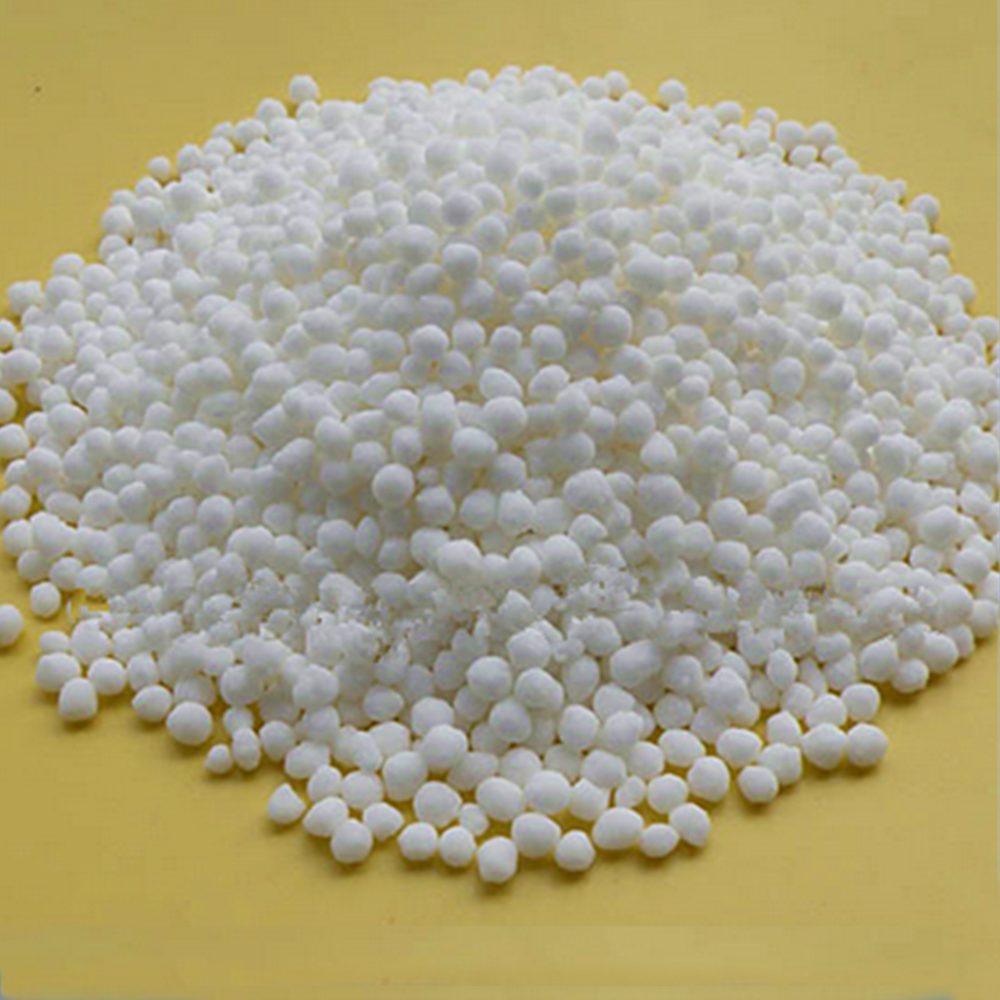



Understanding the Benefits of Mono Potassium Phosphate in Agricultural Fertilizers
Understanding Mono Potassium Phosphate Fertilizer Benefits and Uses
Mono potassium phosphate (MKP), scientifically known as potassium dihydrogen phosphate (KH2PO4), is a highly soluble fertilizer that is extensively utilized in modern agriculture. This compound stands out for its dual role in providing essential nutrients—potassium (K) and phosphorus (P)—to plants. As a soluble salt, MKP is particularly advantageous for hydroponic systems, fertigation practices, and various soil applications.
Nutritional Composition
MKP contains two primary nutrients essential for plant growth. The first is potassium, which plays a pivotal role in various physiological processes, including water regulation, enzyme activation, and photosynthesis. Secondly, phosphorus is crucial for energy transfer within the plant, participating significantly in processes like respiration and photosynthesis. Thus, MKP serves as a concentrated source of these macronutrients, making it an efficient choice for promoting healthy plant development.
Benefits of Using MKP
1. High Solubility One of the main advantages of MKP is its exceptional solubility in water. This characteristic allows for easy application through irrigation systems or as a foliar spray. This ensures that plants absorb nutrients quickly and efficiently, especially during critical growth stages.
2. Balanced Nutrient Delivery Unlike some traditional fertilizers, MKP provides a balanced ratio of phosphorus and potassium, which helps prevent nutrient imbalances in the soil. This balance is particularly beneficial for crops that require high levels of these nutrients, such as fruits and vegetables.
3. Compatibility with Other Nutrients MKP can be mixed with a variety of other fertilizers, enhancing its utility in nutrient programs. It does not contain nitrogen, which allows growers to have more control over their nitrogen levels when planning fertilization schedules.
4. Promoting Root Development and Flowering The phosphorus in MKP is essential for root initiation and development. This characteristic makes it particularly beneficial during the early stages of plant development and flowering, as it encourages robust root systems and increased blooming potential.
mono potassium phosphate fertilizer

5. Alleviating Stress Conditions MKP can help plants cope with abiotic stress like drought or salinity. The potassium component aids in osmoregulation, which is crucial for maintaining proper plant hydration and cell turgor, making the plants more resilient to environmental challenges.
Application Methods
MKP can be applied through several methods depending on the specific needs of the crops and the existing soil nutrient profile. Common application methods include
- Fertigation This practice involves applying MKP through irrigation systems, providing a direct nutrient source to plants during watering. - Foliar Spray Diluted solutions of MKP can be sprayed onto plant leaves, promoting rapid absorption and recovery during crucial growth stages. - Soil Application It can be directly incorporated into the soil, where it dissolves and readily becomes available to plant roots.
Considerations for Use
While MKP offers numerous advantages, it should be used judiciously. Overapplication can lead to nutrient runoff, negatively impacting the environment. Therefore, it is essential to conduct soil tests to determine existing nutrient levels and ensure a balanced approach to using MKP.
Conclusion
Mono potassium phosphate fertilizer is a vital tool for modern agriculture, providing essential nutrients in a highly soluble form. Its advantages in nutrient delivery, compatibility with other fertilizers, and role in promoting plant health make it a preferred choice for growers across various applications. By understanding how to effectively use MKP, farmers and gardeners can enhance their crop production while maintaining soil health and contributing to a sustainable agricultural practice. As agriculture continues to evolve, the role of nutrient-rich fertilizers like MKP remains critical in meeting food demands and promoting plant vitality.
-
Why Sodium Persulfate Is Everywhere NowNewsJul.07,2025
-
Why Polyacrylamide Is in High DemandNewsJul.07,2025
-
Understanding Paint Chemicals and Their ApplicationsNewsJul.07,2025
-
Smart Use Of Mining ChemicalsNewsJul.07,2025
-
Practical Uses of Potassium MonopersulfateNewsJul.07,2025
-
Agrochemicals In Real FarmingNewsJul.07,2025
-
Sodium Chlorite Hot UsesNewsJul.01,2025










